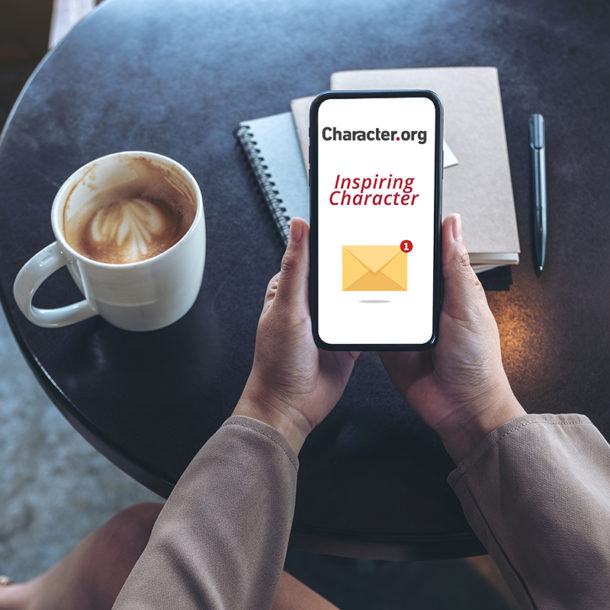By Dr. Arthur Schwartz
The New York Times calls Jon Haidt’s new book The Anxious Generation “erudite and engaging.” I urge every parent and educator to learn more about his data-driven argument that the anxiety and depression plaguing our tweens and teens are causally linked to the rise of a phone-based childhood.
The addictive digital world is not the only culprit. He also explains that children have become increasingly fragile because their parents have determined that unsupervised play during the middle school years is just too risky. As the Times reviewer put it: “We have raised a generation of kids who are overprotected in the real world while underprotected in the virtual one.”
I first met Jon in 2001, and I’ve been a fanboy ever since. He offers four solutions to address the crisis facing our youth: (1) No smartphones before high school; (2) No social media before 16; (3) Phone-free schools; and (4) More independence, free play, and responsibility in the real world.
If you’re interested in learning about the research on how smartphones are linked to lower academic performance, click here.
Want to know why researchers suggest that kids should not have access to social media before age 16? Click here.
Curious to learn more about phone-free schools? Click here.
But it was Jon’s last recommendation that piqued my interest: More independence, free play, and responsibility in the real world.
In 2017, Jon co-founded Let Grow, an amazing nonprofit whose mission is to “give kids back the developmentally crucial ‘vitamin’ our culture accidentally removed from childhood: independence.” I encourage every parent to visit the Let Grow website and discover how to champion their child’s independence rather than default to their helicopter instinct.
However, as I shared with Jon a week ago, I was surprised to see that he included the term “responsibility” in his list of new norms. I’ve always associated Let Grow more with giving kids the freedom to climb a tree rather than fostering the responsibility to put away their toys, clean their room, or do daily chores.
We know that parents do care about fostering responsibility. In Raising Good Kids, our national survey of parents with kids between the ages of six and eighteen, we gave parents a list of 9 core values and asked them to list the top three they wanted their children to care most about. Honesty was first at 62%. Responsibility was second at 59%.
The core value of responsibility is important to educators as well. Thirty years ago, Dr. Thomas Lickona, a co-founder of Character.org, launched the Center for the 4th and 5th Rs (Respect and Responsibility) to help parents and schools develop good character in youth. Responsibility is one of the six “pillars of character” that forms and shapes the work of CHARACTER COUNTS!
What is responsibility? It’s a core value with many components to it, including:
- Being dependable
- Keeping our promises and commitments
- Do our best work (even in the face of setbacks)
- Being accountable for our actions
- Setting goals
- Contributing to our family, school, community, nation, and world
Recent research has shown that children who feel good about themselves tend to be more responsible. They believe that their persistence will get them where they want to go. They acknowledge their mistakes and learn from them. They are willing to ask for help. They are more apt to try new things.
Viktor Frankl hit the mark when he wrote in Man’s Search for Meaning that “the Statue of Liberty on the East Coast needs to be supplemented by a Statue of Responsibility on the West Coast.” As Jon Haidt and others strive to tame the harm of social media, I call on our nation to address the etiolation of responsibility in our society. Responsibility is an essential building block to connecting and ultimately contributing to something larger than ourselves. Shouldn’t we be doing more, as parents and educators, to model and reinforce the power of responsibility and purpose?
Stay Connected To Character
Would you like to receive Arthur’s weekly blog post?







Very important observations here and a message that needs to reach every parent and grandparent concerned about raising loving, competent, and responsible children.